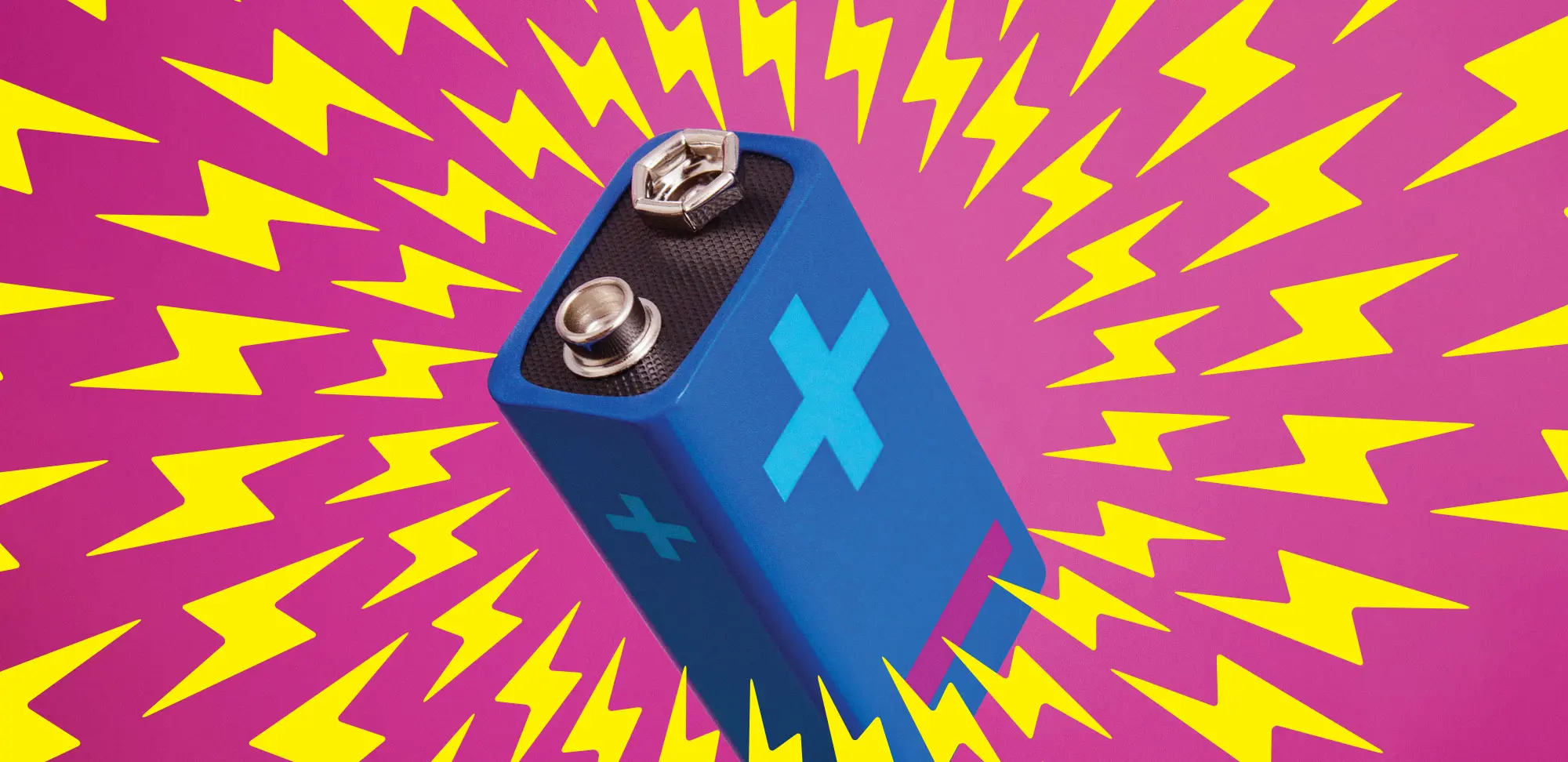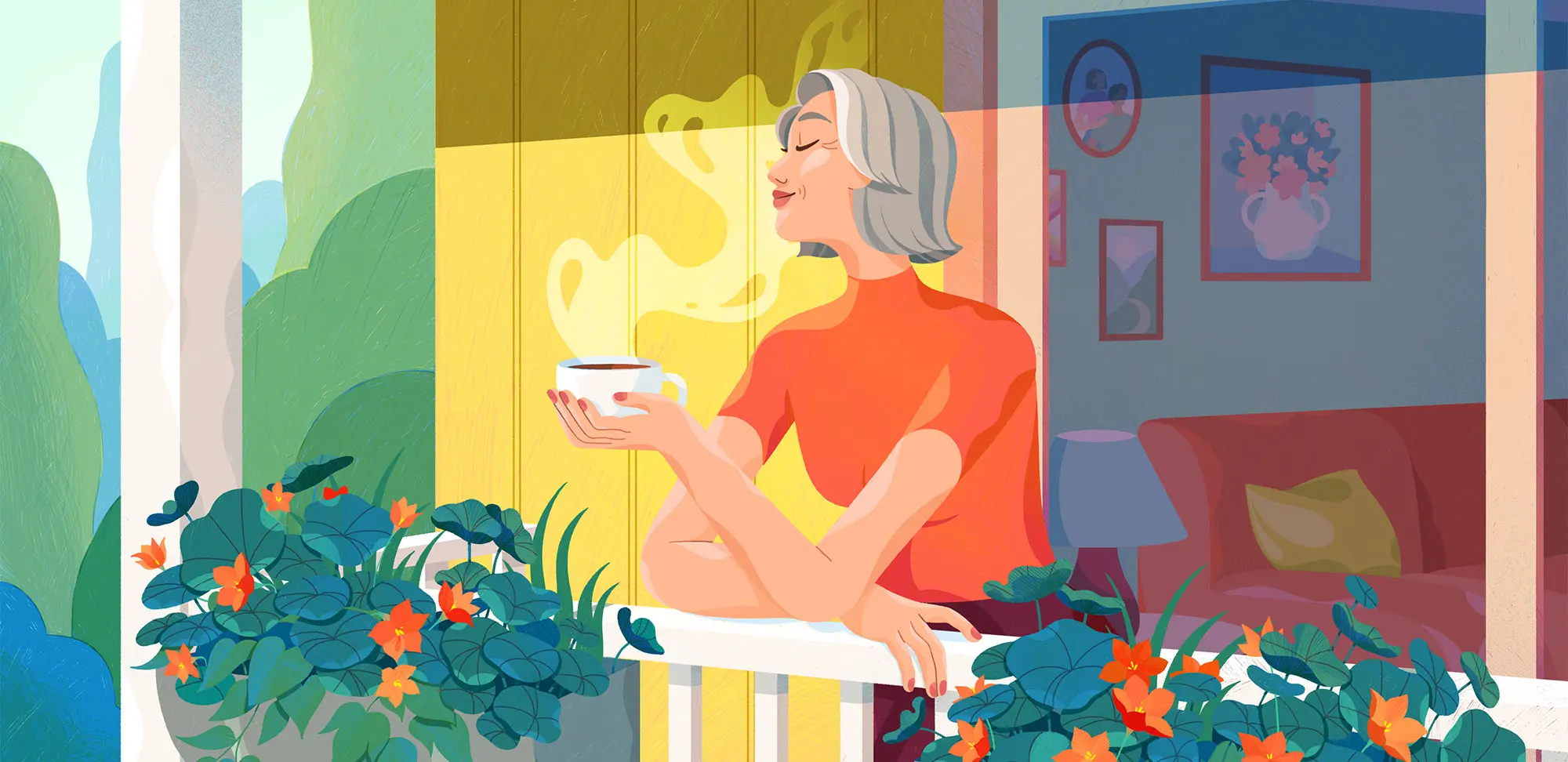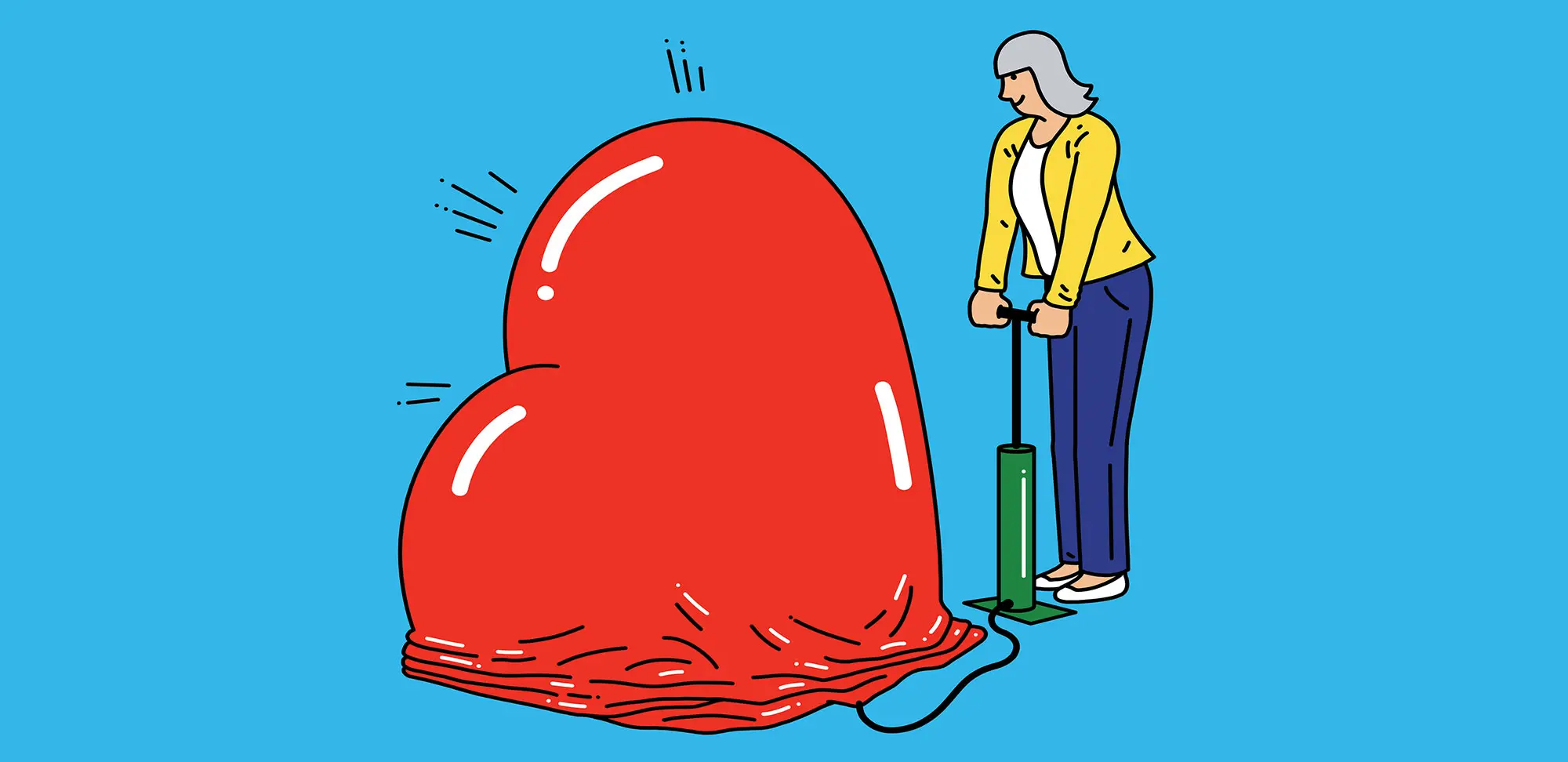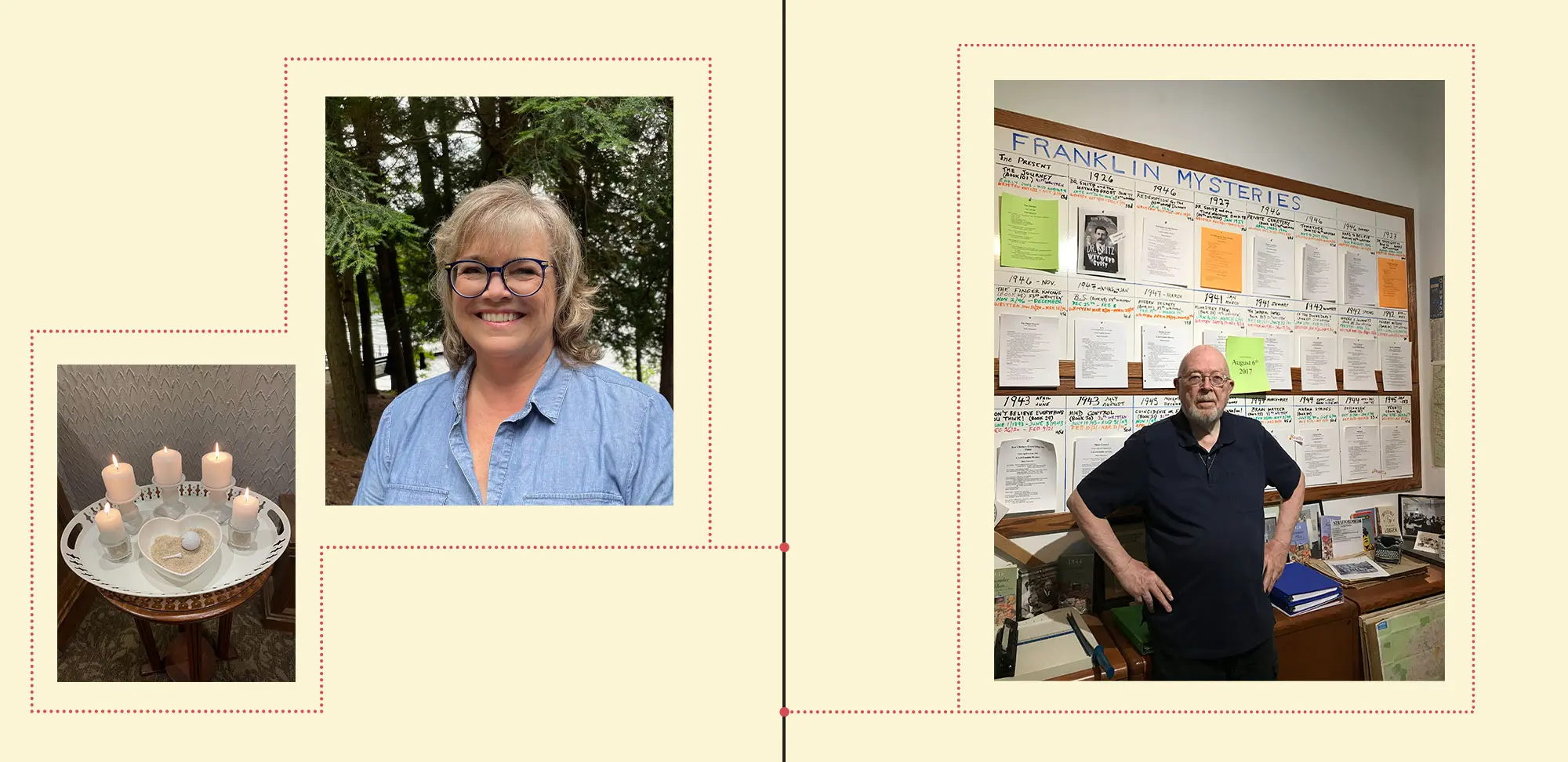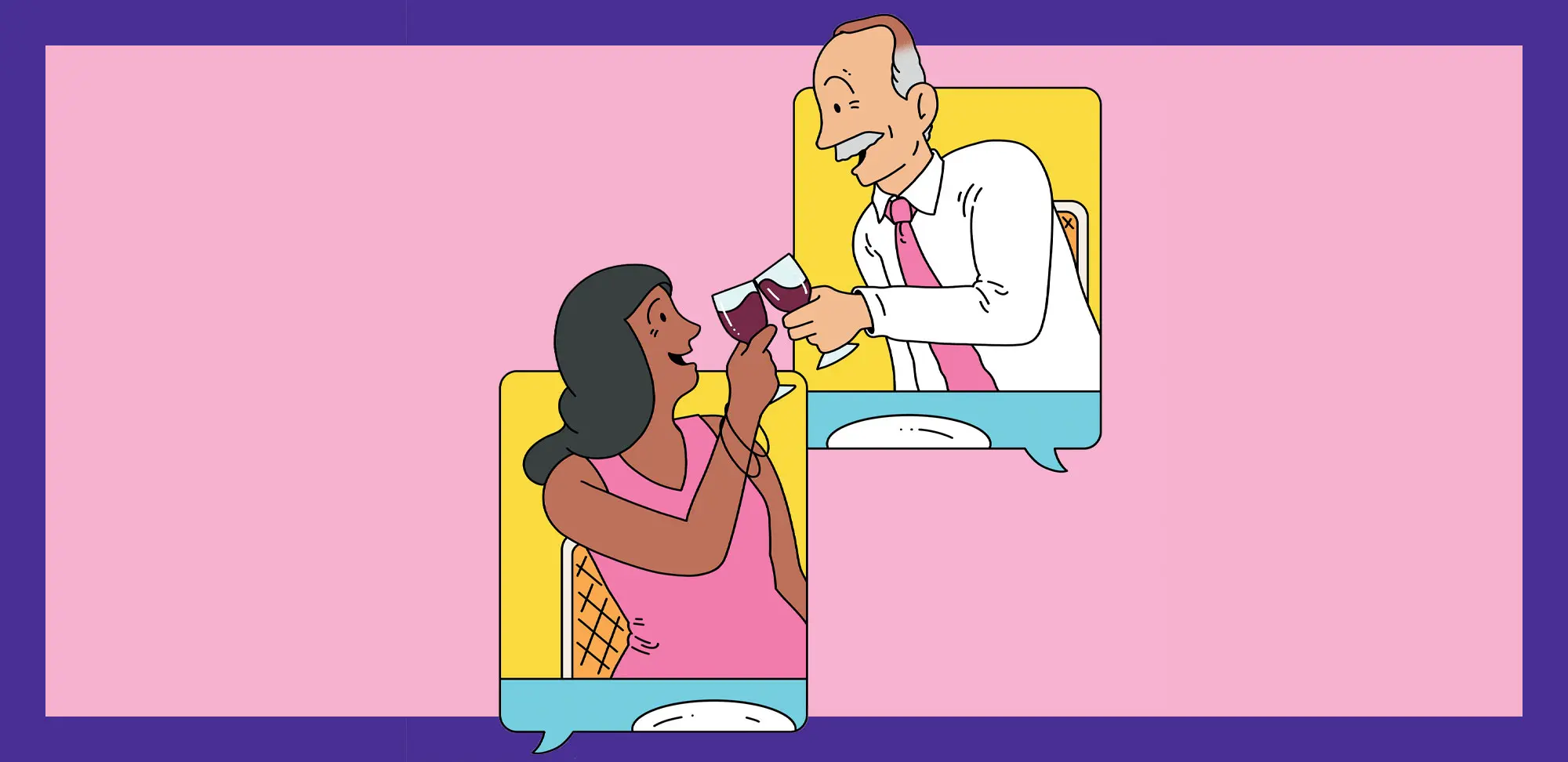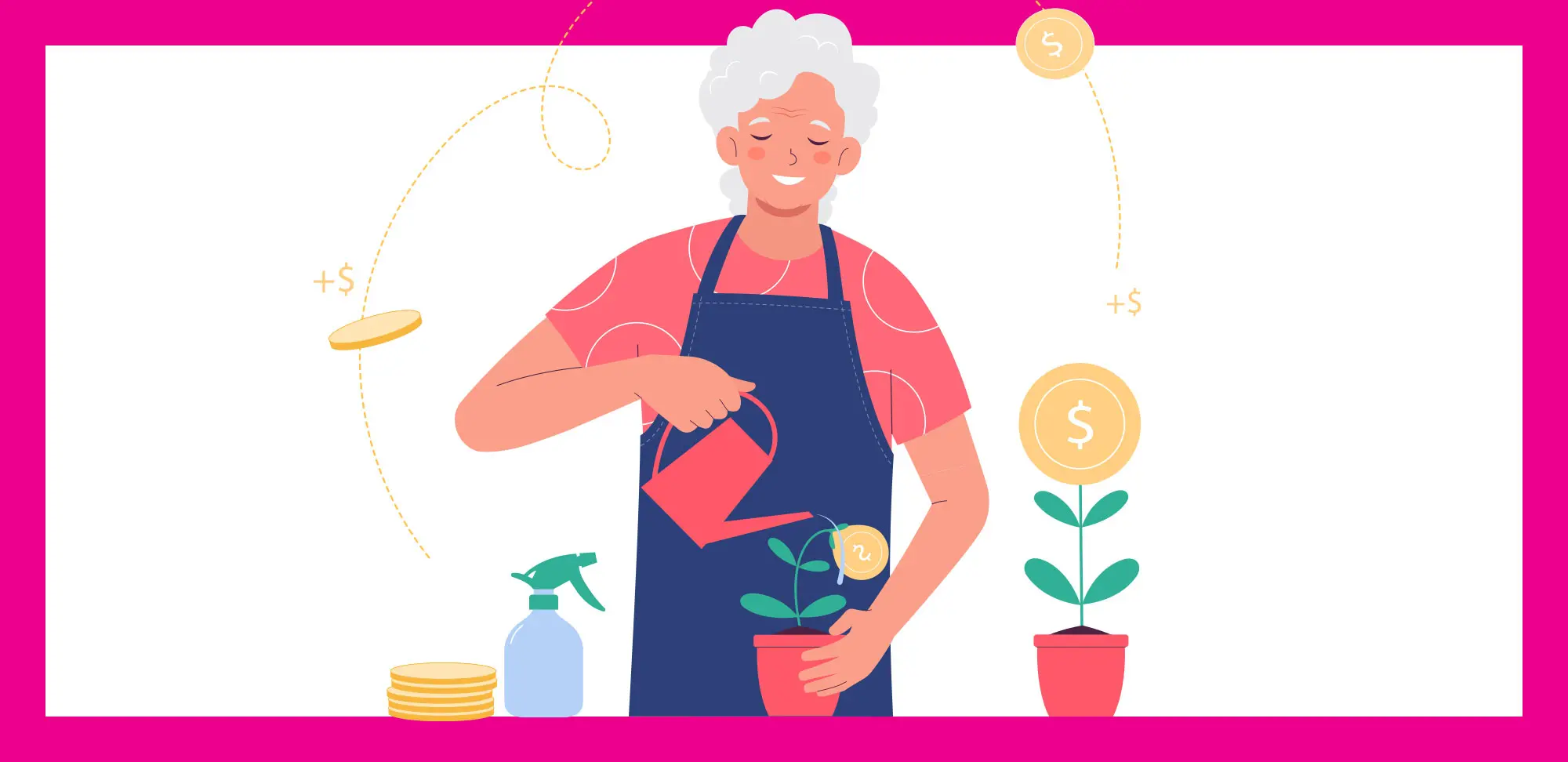How we live can drain our energy resources , leaving body, mind and spirit running pretty much on empty.
If you’re nodding your head, you’re not alone.
A 2022 Angus Reid Institute survey asked Canadians to pick a few words to describe how they feel. Almost half (48 per cent) selected “fatigued” — the top choice. Also high on the list were “frustrated” (40 per cent) and “anxious” (37 per cent). Just 13 per cent chose “optimistic” and 12 per cent chose “happy.” A 2023 Leger survey revealed significant stress levels about money, health, relationships and work. And one-third of Canadians feel burned out on the job, according to a 2023 Harris survey.
Whatever the reason, too many of us seem to be feeling physically, mentally and emotionally drained.
It’s no surprise that Canadians express such high levels of exhaustion and discontent, says Natasha Sharma, a Toronto clinical psychologist. We have loads of modern conveniences and countless diversions, she points out, but we live in a society that has become what she calls “individualistic, isolated, lonely, money- and status-valuing, and too fast-paced.”
“That detracts from what has made humans across the world, and across every generation, happy. Our priorities are all out of whack,” she says.
Part of the problem: We confuse energy with enjoyment. Building fun time into a packed day, cranking up a favourite CD and singing along, getting a new toy, binge-watching a show you really enjoy can deliver a dopamine rush, and that’s a good thing. But it’s not the same thing as tapping into what energizes you.
They don’t have special genes or talents. They aren’t smarter or stronger than you. They aren’t drinking a super Red Bull or coffee with 10 times the caffeine. They follow their purpose.
Finding meaning, however you define it, is critical. Thrive Global, a behaviour-change technology company, notes that some people “seem to consistently have energy and drive every day . . . and stay fuelled longer and more efficiently.” How? “They don’t have special genes or talents. They aren’t smarter or stronger than you. They aren’t drinking a super Red Bull or coffee with 10 times the caffeine. They follow their purpose.”
“What we’re really seeking is energy that lasts,” Sharma says. “When we connect to our authentic desires and actualize them, that’s when we feel energized.”
When your phone dips to five per cent, you recharge the battery. We need to do that with ourselves, too, but getting energy and feeling energized are not the same thing. We need both, of course, but one is the essential fuel you need to live — nutrition, sleep and physical activity — and the other is what fires you up to make life worth living.
There isn’t a secret to gaining energy and happiness, but there is a science, says Gillian Mandich, the Toronto-based founder of the International Happiness Institute of Health Science Research. She educates and consults on what “lights us up and sparks our joy.” Our brains, with their 86 billion neurons, are electrical circuits. What fires those circuits, not just in the moment but also long-term? Scans show it happens when we love and learn, are generous and grateful, and have purpose and passion.
Sure, we can’t control everything around us, but Mandich reminds us that we can control our thoughts, actions and behaviours, all of which have an impact on our energy, for better or for worse.
The journal Emotion reported on researchers who divided subjects into three groups and asked them to do kindnesses for themselves, others or the world. The subjects also tracked their feelings of well-being. Those who engaged in the two types of pro-social behaviours had bigger increases in psychological flourishing — feeling good about life — than those who were self-focused.
“Helper’s high,” that warm feeling you experience when you do something kind, is thanks to your brain releasing feel-good neurotransmitters that contribute to your mood and well-being. And you can re-experience those feelings simply by remembering what you did.
Mandich also points to a longitudinal study that Harvard started in 1938, looking at what makes people thrive. The number-one factor by far: strong relationships, whether with spouses, extended family or friends. “Personal connection creates mental and emotional stimulation, which are automatic mood boosters, while isolation is a mood buster,” says Robert Waldinger, a professor of psychiatry at Harvard and the project’s director.
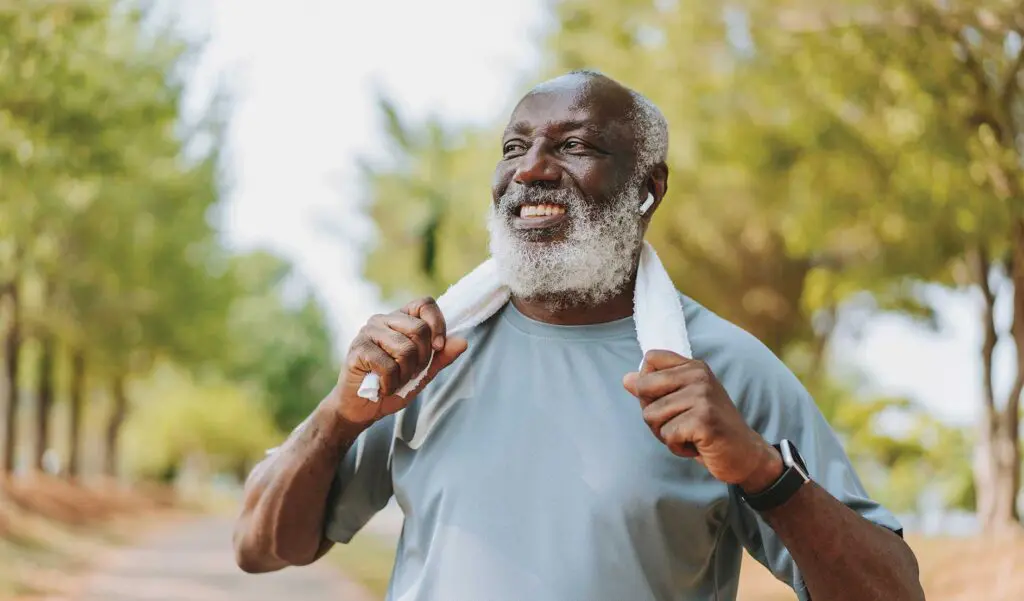
Another study in the journal Nature Neuroscience found that we hanker for social contact in the same way we do for the food that gives us calories (which are literally units of energy). The author states that hunger and loneliness activate the brain’s motivation centre in similar ways.
Lifelong learning can rev us up, too. It keeps the brain healthy, creating new neural pathways and reducing stress and anxiety. As McMaster University’s Optimal Aging Portal notes, lifelong learning improves psychosocial outcomes, increases self-esteem and self-efficacy, enhances competencies, and offers a sense of hope and purpose.
The ordinary busyness of life can deplete your resources. Stress can consume energy and sap your motivation. So can boredom. But we can choose where we focus. To prevent your tank from hitting empty, forget the bursts of dopamine from fleeting pleasures. People aren’t automobiles or appliances. We need more to charge us.
“It’s not a lack of knowledge. The inaction is a behavioural choice,” Mandich says. “We get caught up in the day-to-day and it becomes a tomorrow problem.”
Want to fill your life with genuine energy? Eat a healthy meal. Take a walk in the sun. Get a good night’s rest — and know what gets you out of bed. Do a good deed. Volunteer. Check in with your kids or grandkids. Do something new and scary. Relish your social connections. Travel. Read a book about your interests. Sign up for a course. Learn a skill. Get ignited by a higher purpose.
Through choices and habits, you can power yourself with that positive energy. So fuel up.
Don’t forget the basic fuel
While we have those much broader needs to invigorate ourselves, Gillian Mandich begins with the core requirements of diet, sleep and exercise. You can’t feel full of energy without them.
Our primary fuel comes from the nutrients we consume: vitamins, minerals, proteins, fats and carbohydrates. Glucose is our main source of energy, broken down from carbs, with our brains the chief glucose energy consumer. While almost 75 per cent of Canadians claim they eat a well-balanced diet, only 17 per cent, according to an Ipsos-Reid survey, had the recommended servings of fruits or veggies the day before. Far less, just five per cent, had consumed the recommended grains and cereals (see food-guide.canada.ca).
The deep-sleep stage enhances your ability to produce adenosine triphosphate, a key molecule for storing and transferring energy. The average adult needs seven to nine hours of sleep. A survey from Narrative Research found that just 16 per cent of Canadians have a restful sleep every night, and 30 per cent say their ability to sleep is getting worse. What doesn’t help: dwelling on stresses, gluing your eyes to screens too close to bedtime, and failing to go to sleep and wake up at consistent hours.
Physical activity releases endorphins and gets your body to produce more mitochondria in your muscle cells, increasing your body’s energy supply. Exercise also improves your oxygen circulation, supporting the mitochondria’s energy production and enabling your body to use energy more efficiently. Only half of us meet the recommended 150 minutes of physical activity per week (csep.ca/guidelines); almost three in 10 avoid exercise, and that jumps to four in 10 if you’re 55 or older, according to a survey by Research Co.
